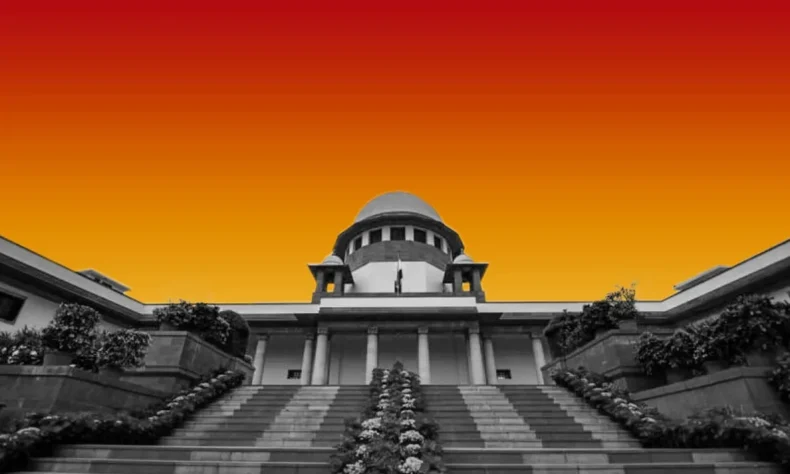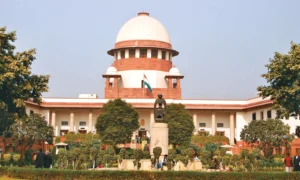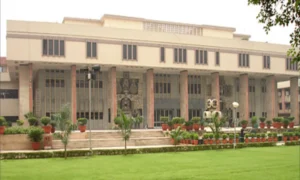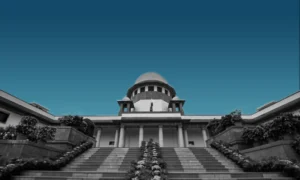
The Supreme Court has released a comprehensive list of judicial appointments recommended by the Supreme Court Collegium during the tenure of Chief Justice of India BR Gavai, who is scheduled to demit office on November 23.
The document has maintained the transparency protocol initiated during the tenure of former Chief Justice of India Sanjiv Khanna, under which the Apex Court makes public the period-wise data on Collegium recommendations, including professional credentials and demographic profiles of shortlisted nominees.
Justice Gavai took oath as the 53rd Chief Justice of India on May 14, 2025. As per the report, the Collegium recommended a total of 129 candidates for elevation to various High Courts between May 14 and November 21, 2025.
Out of these, 93 recommendations were accepted and notified by the Union Government, in accordance with the consultative framework governing judicial appointments under Articles 124 and 217 of the Constitution of India, as interpreted in the landmark Second Judges Case (1993) and the subsequent Presidential Reference of 1998, popularly referred to as the Third Judges Case.
The report further detailed demographic data, underscoring the Collegium’s commitment to promoting broader social representation within the senior judicial ranks.
Among the recommended candidates were individuals belonging to the Other Backward Classes, Backward Classes, and the Scheduled Castes. The nominees also included members from minority communities, as well as a significant number of women candidates.
The list noted that five of those recommended were related to sitting or retired judges, with such disclosures made in the interest of institutional transparency and public accountability.
It reinforced the Supreme Court’s evolving approach toward greater openness in the functioning of the Collegium system. It also reflected a growing recognition that the credibility and legitimacy of the judicial appointments mechanism, as upheld through successive constitutional judgments, depended not only on judicial primacy but also on demonstrable transparency.
The disclosures aimed to contribute meaningfully to ongoing scholarly and constitutional debates concerning judicial diversity, independence of the judiciary, and the shifting balance of powers within the constitutional framework of the country.
📰 Crime Today News is proudly sponsored by DRYFRUIT & CO – A Brand by eFabby Global LLC
Design & Developed by Yes Mom Hosting




